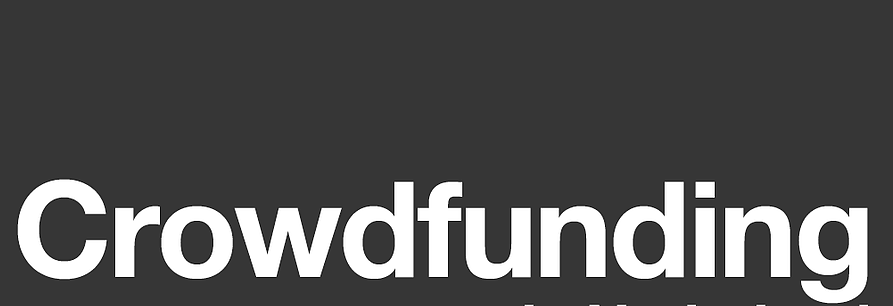Wharton Professor Ethan Mollick explored the impact of Kickstarter through a large email survey designed to document the impact of Kickstarter crowdfunded projects. Kickstarter has received some bad publicity lately in stories that allege that 1 in 3 of the platform’s backers never receive the benefit promised by successful project sponsors. Since its launch, Kickstarter has completed more than 65,000 successful project fundings. This new study was able to reach 1 in 6 of all Kickstarter project creators who raised more than $1,000, about 10,000 of them in all. The responders indicated a wide variety of impact as might be expected. I didn’t find any of the survey results remarkable from my perspective of a small business adviser. Moreover, the fact that 5 out of 6 project creators could not be reached or did not respond to the survey leaves the large possibility that the survey results could be skewed in favor of those sponsors who wish to continue the discussion of their project. In other words, the survey tells us less about Kickstarter as a crowdfunding platform and more about the opinions of those who want to promote their funded project.
While most of my blog posts on crowdfunding, including this one, focus on small businesses, I did find that these survey results might provide valuable information to a nonprofit organization that might be considering using Kickstarter.
We can obviously conclude that Kickstarter has the effect of “spreading the wealth” from the project backers to project creators. That wealth transfer presumably from savings is spend in the economy with an observed multiplier effect so the normal economic benefit of economic stimulus applies here. This paper does a great job of documenting the range of economic impact reported by project creators. Beyond that, it is difficult to draw conclusions that specifically relate to crowdfunding overall or provide additional insight into Kickstarter platform.
As a side note, I found the discussion and cited references about the validity of email surveys to be more interesting than the results of the survey itself. We might be relying on out-of-date assumptions about email as a research tool. These assumptions based on earlier research might not be applicable today as email use and technology has evolved in recent years. I’ve noticed in my own business that statistics about email user behavior gathered a few years ago are not comparable to data that might be gathered today.
I’ve written in earlier blog posts that Kickstarter is one of dozens of funding choices in platforms available to small businesses today. Each has its strengths and weaknesses, advantages and drawbacks. I always recommend that a small business or nonprofit organization seeking funding postpone the decision on choosing a funding platform until after the other business planning is underway that will enable success of the underlying project.
[contact-form-7 id=”3893″ title=”Boilerplate Contact”]


Leave a Reply